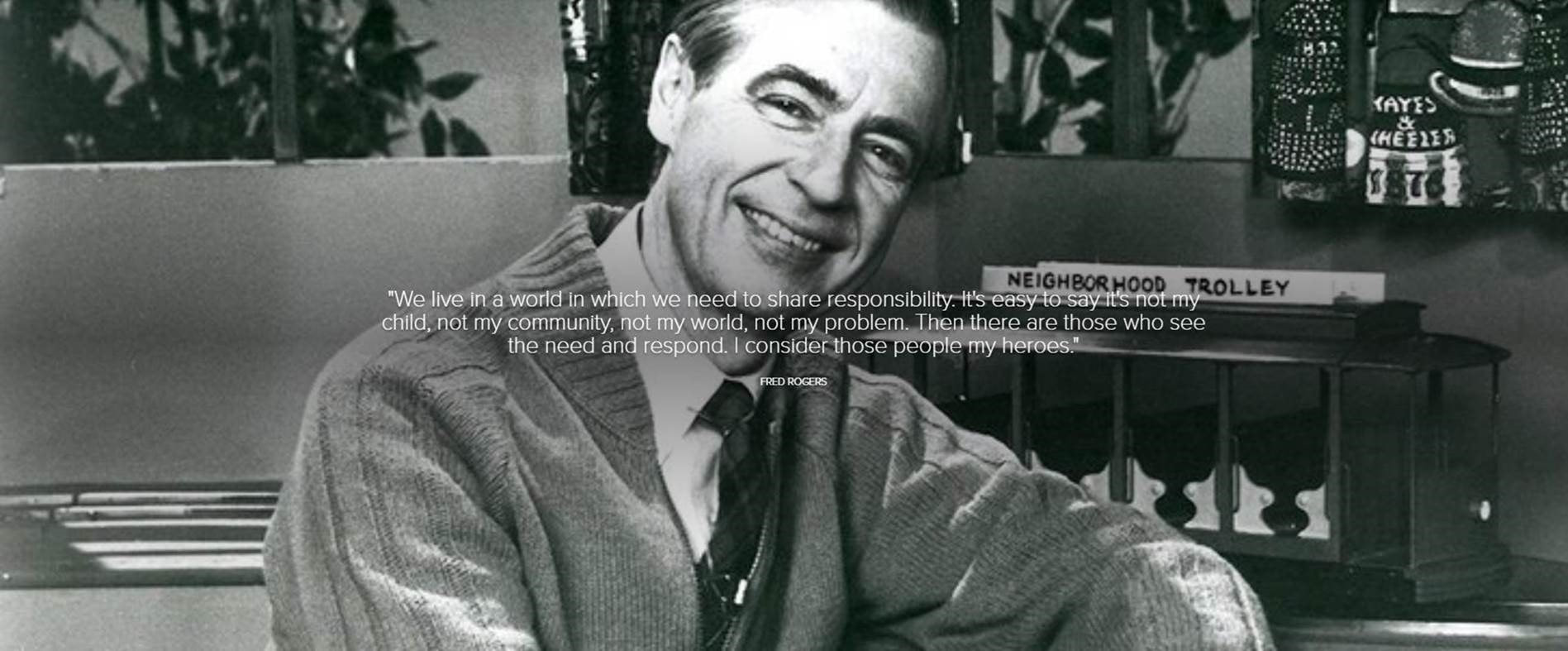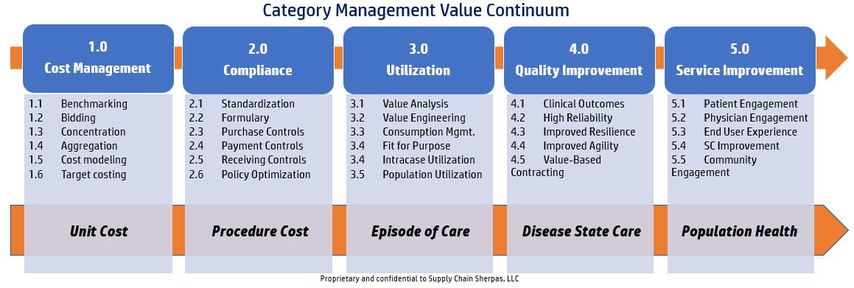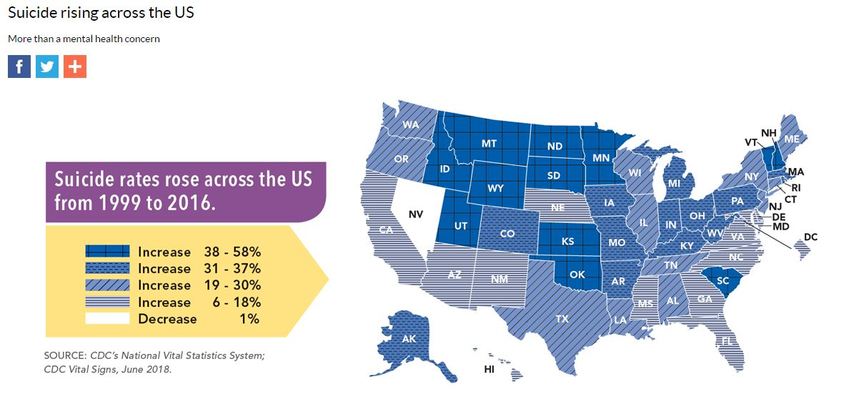|
I started my day like every day over the past month. It’s the same way so many start their day. I jumped up. Crammed through all the latest information on COVID-19. Looked at the ever-growing statistics. My heart hurt. I prayed for the frontline workers everywhere. I asked myself how I can help that day. And started working through my list of things to do. Businesses in every industry are doing the same thing. They’ve been hit with unforeseeable circumstances. And asked to perform tasks that seem unattainable at first mention. Yet over and over, they rise to the occasion. They are pivoting. They’re finding new ways to serve their customers. They’re making new products. They’re working in conditions they’ve never seen before. Life is changing so, so fast. Many of you are responding. Bravely showing up each day. Going above and beyond for your businesses and employers. You are heroes! I thank you tremendously. Professionally, we’ve collectively made so many adjustments. When we slow down enough to think about it, it’s incredibly heartwarming. But, there’s another part to this. How are you pivoting personally? How many things have changed in the way you conduct your professional life? 5? 10? 20? There’s probably an equal amount of changes in your personal life. I started making a list – working at home. Social distancing. Appointments being cancelled. Home schooling. Spring schedules getting blown up weeks at a time. So many things. But you already know this list. You’re living it. So, I’m asking again. How are you pivoting personally? Just like with business, you’ve had to pivot. But has it been intentional? Every day, I found myself saying the same thing. “This too shall pass. It’ll be back to normal soon.” And Every. Single. Day. I felt more overwhelmed. Then, one morning – just like a ton of bricks – it hit me. I was going through my “normal” routine. Yet not a single thing was normal. Right then, I knew I had to reset. To understand what my new “normal” looks like. To set a new routine. I was going to pivot personally. It wasn’t hard. It didn’t take long. It just took awareness and acceptance that normal is different today. That normal may be different tomorrow. That “normal” as I knew it – life may never be that “normal” again. It took the realization that the current way wasn’t really working. And it took some planning. Here’s what my personal PIVOT looked like: P Take time to PAUSE and PREPARE I Define your INDIVIDUAL contribution with INTENTION V Determine the VALUE and VELOCITY O Think about the OUTCOMES and make OBSERVATIONS T TACKLE this with TEAMWORK Take time to PAUSE and PREPARE I gave myself some uninterrupted space and time. Truthfully…I had to do it in several blocks of time. But, that’s ok. Because I at least committed to pausing. I started with a question. What’s my new normal look like? Then, a list. All the things that are now included in my day. Once I had my list, I could easily see that my “normal” routine wasn’t going to come close to meeting the demands of my “new normal.” I made another list. This list was all the things I could do to respond to my first list. Define your INDIVIDUAL contribution with INTENTION Prepared with a list of what my new normal looks like and ways to respond, I started defining what my contribution to each activity would be. What could I do to adjust? How could I make this work? I had a lot of adjustments that could be made. But it’s unlikely that completely changing a routine is going to be easy to maintain. In order to be intentional with the changes, I looked at the value and velocity of each change. Determine the VALUE and VELOCITY I knew I needed to make some changes FAST. To make the right changes first, I focused on two things. What would make the biggest difference and how quickly could I do it? To visualize this process, I made a chart. I listed “how quickly I can do it (velocity)” from slow to fast and “what’s the impact (value)” from minimum to maximum. I plotted each potential change on the chart. Think about OUTCOMES and make OBSERVATIONS When making changes, it’s important to think about the outcomes. What will be the result of the change? Specifically, what will it look like? Understanding this will help you determine if the change is working. Once you have made the change, give it some time. See how it’s working. Are you getting the results you planned? Remember - it’s ok if you don’t. It may take time to get it right. Just commit to observing and continuing to pivot. Tackle this with Teamwork This is by far, the most important part. Take some time! Make your lists. See what adjustments you can make. Implement the change. Know that if it doesn’t work, you can try something else. But mostly, remember… You don’t have to go at this alone. We’re all in this together. We’re all going through unique yet similar changes. Reach out to people when you need help. Keep pivoting. And continue checking on each other. We’ll all be better on the other side of this. Michelle ClouseMichelle is an educator, advisor, and author for Supply Chain Sherpas. Her passion for education is driven by the belief that through support and collaboration, we can create an atmosphere that promotes success at all levels of healthcare delivery.
1 Comment
In times of uncertainty, people turn to those who bring order to chaos, composure to anxiousness and a calmness to uncertainty. Mr. Rogers was one of those guys for many of us growing up, influencing us even if we didn't know or understand it at the time. He did the little things on a daily basis, communicating short and simple messages in his quiet way, profound and powerful, a regular, but kind, reminder that each of us is responsible to make the world a better place for all of us. It is probably a fair statement to say that Covid-19 will change the way health care organizations look at supply chain continuity and may, for at least the foreseeable future, shape how we think about supply chain resilience from today onward. In the last month, with the disruptions introduced by the coronavirus, it is understandable for each of us to get lost in our own organizations, to focus on the immediate problems we're faced with. To shrink as a collective industry in order to focus on the laundry list of challenges in the day to day work right in front of us. After all, problem solving is what we as supply chain professionals do and if there is one primary thing that those of us who chose careers in supply chain fear, it is that we let our organizations down by not being able to solve those problems they face. But this is not a time to look only inward; our organizations and our industry needs us to look externally as well. To collect and share our knowledge with our industry peers and partners, to help inform the direction of our industry, to memorialize the key successes we are having and help each other through the challenges we are facing, and to serve as the healthcare supply chain leaders the industry probably needs more now than at any time in the past couple of decades. To recognize the weaknesses in the supply chain at this time is appropriate, but to fail to repair and learn from this time is unacceptable for the future. I have been inspired by the actions of so many over the past couple of months, watching organizations step up and offer to help others, to provide a guiding light even when the direction was uncertain. Like many of you, I have participated in dozens of hours of calls, hosted by different organizations over the past weeks. Most of these are hosted without any commercial intent but rather to share information and freely offer resources; to share what is known and vulnerably shine a light on what is unknown. Individuals drawn to the profession of supply chain are exceptionally unlikely to accept a mantle of 'hero'. However, I have heard from many across the healthcare supply chain as they have stepped forward to share strong messages about how we have to collaborate to support industry improvement, to celebrate wins when we experience them, and to serve our internal caregivers and patients’ needs in a better, more cohesive way in the future and improve the collective industry of the healthcare supply chain. To address the immediate shortages yes, but also to own the mistakes that have been made already and to not lose sight of improving what we do so as an industry, so the next crisis doesn't catch us unaware. While they won't accept the title, the efforts of many are indeed heroic in what they are giving. It takes each of us to make the world a better place for all of us as Mr. Rogers spent his life trying to remind us and this is the time to really put our efforts toward establishing more resilient supply chains for those who will follow. Jeromie AtkinsonJeromie Atkinson is a member of the Supply Chain Sherpas team, an educator and a strong believer that our best opportunities to improve our industry is investing in each other, and collaborating deeply across provider and supplier relationships. AHRMM18 kicked off today. The theme of the conference this year is talent. I couldn't be more proud of AHRMM for prioritizing this topic. PEOPLE are a supply chain function's most essential resource. Talented people cultivate relationships, develop strategies and advance the supply chain agenda. People design processes, implement systems and extend insights to drive operational excellence. The desired results (i.e. savings, innovation, quality improvement, service improvement, etc) are are predictable outcomes we get when we approach things in this order. It's all too temping to take on the big savings goal without a corresponding investment in talent management. This would be a risky step towards mortgaging your future. Today, I hosted an extraordinary panel of iconic leaders including Laurel Junk (Kaiser), Brent Johnson (former Intermountain Healthcare and Intalere) and Lara Latham (Stryker). The concentration of wisdom offered to attendees by this panel was truly humbling and was an honor to moderate this session. During the session, we shared the results from our industry's first survey about the competencies and attributes of the Supply Chain Leader of the Future. You can also download it here. Late last week, I participating in a podcast interview with Nate Mickish, on behalf of The Bellwether League. It was so rewarding to get to know Nate through this process and I admire his superpower of leading with curiosity as he asked powerful questions. Impressive. We had a great time recording the podcast and talking about some of the topics just reminded me of why I do what I do. I'm more committed than ever to elevating the healthcare supply chain. Here is a link to the podcast if you are interested in listening in: This week continued to be full of tremendous insights on healthcare talent. Each session at AHRMM is filled with leaders demonstrating a real commitment to attracting, developing and engaging the best talent for our healthcare supply chain. It's arguably the best time to be in the healthcare supply chain profession. Imagine being in the automotive industry in the industrial revolution or in the telecom industry in the late 90's. This is our time to shine as our industry powers through an irreversible inflection point. Talent is finally the front burner topic. We need a new generation of leaders to compliment the experienced incumbent leaders and collectively guide us into our future. Our patients are depending on us. Seven White-Hot Topics |
AuthorWrite something about yourself. No need to be fancy, just an overview. Archives
April 2020
Categories |










 RSS Feed
RSS Feed